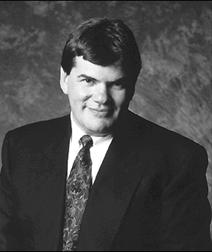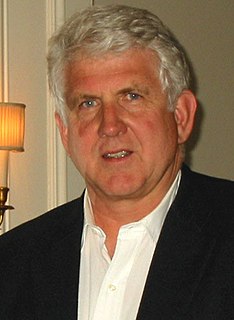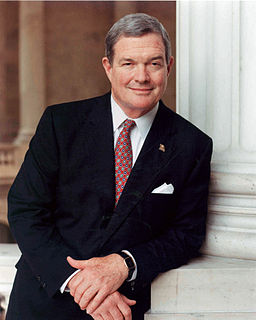A Quote by J. K. Rowling
Imagination is ... the foundation of all invention and innovation.
Quote Topics
Related Quotes
Imagination is not only the uniquely human capacity to envision that which is not, and therefore the fount of all invention and innovation. In its arguably most transformative and revelatory capacity, it is the power to that enables us to empathize with humans whose experiences we have never shared.
Intellectual-property rules are clearly necessary to spur innovation: if every invention could be stolen, or every new drug immediately copied, few people would invest in innovation. But too much protection can strangle competition and can limit what economists call 'incremental innovation' - innovations that build, in some way, on others.
We have a duty towards music; namely to invent it. ...Invention presupposes imagination but should not be confused with it. For the act of invention implies the necessity of a lucky find and of achieving realization of this find. What we imagine does not necessarily take on concrete form and may remain in a state of virtuality; whereas invention is not conceivable apart from its actually being worked out.
Innovation is not a big breakthrough invention every time. Innovation is a constant thing. But if you don't have an innovative company [team], coming to work everyday to find a better way, you don't have a company[team]. You're getting ready to die on the vine. You're always looking for the next innovation, the next niche, the next product improvement, the next service improvement. But always trying to get better.
Values cannot be speedily forgotten if it is inconvenient or commercially expedient. Values have to have meaning and longevity; otherwise they are valueless. You cannot embrace innovation up to a point or only sometimes. Branding demands commitment; commitment to continual re-invention; striking cords with people to stir their emotions; and commitment to imagination. It is easy to be cynical about such things, much harder to be successful.

































